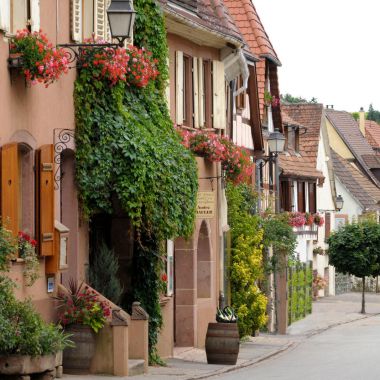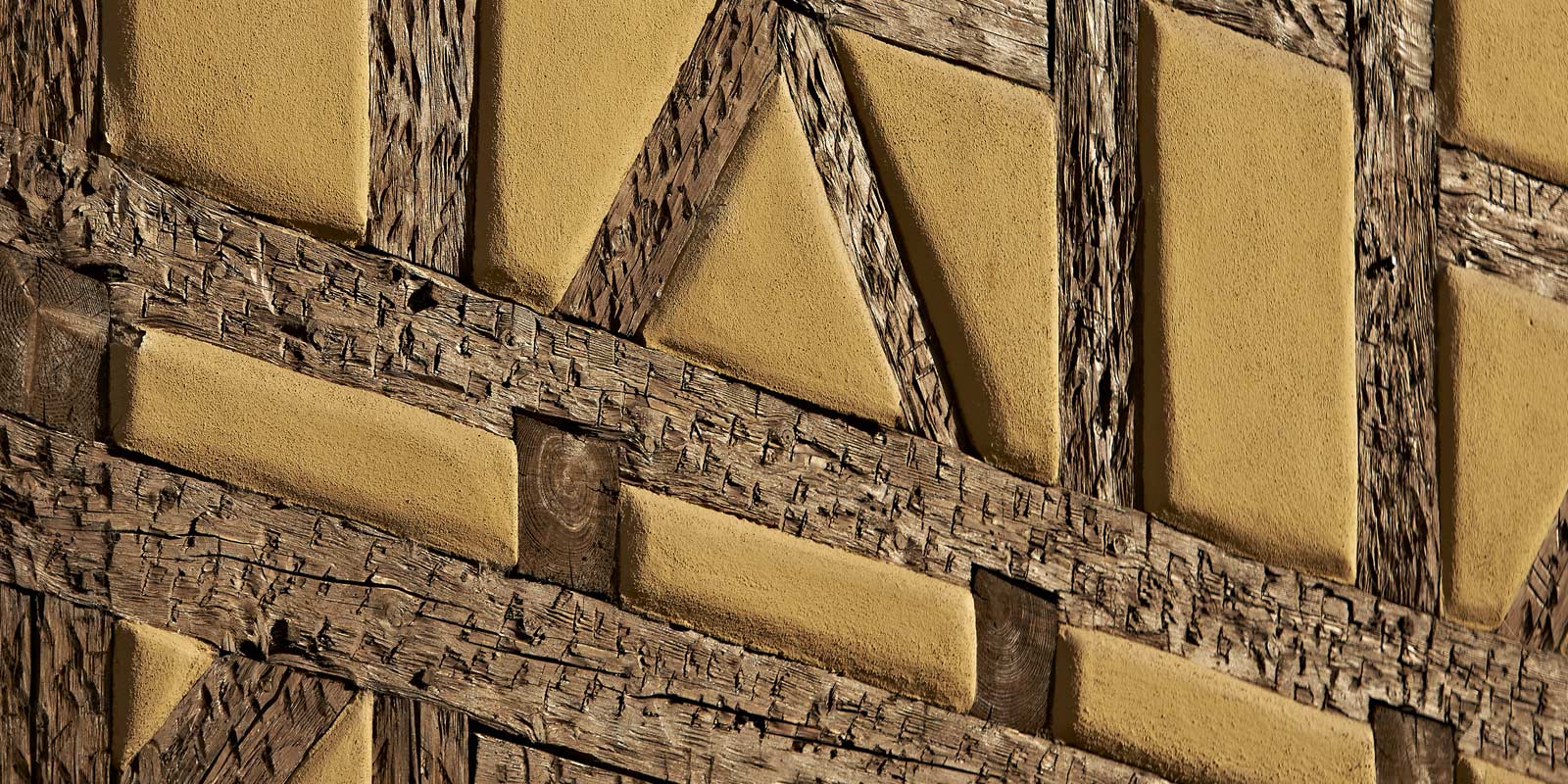Description

There's no obvious explanation for the origin of the commune's name. The most likely one is that it was named after an early settler or head of a colonial court (1), an old Alsatian institution, which Beblenheim possessed.
The name Babilenheim is found in 1128, followed by numerous variants to finally arrive at the current name. Beblenheim, like many neighboring villages, passed from hand to hand during the Middle Ages, from the Lords of Horbourg to the Counts of Wurtemberg. The first was the Black Death, the greatest calamity to hit Alsace from the mid-14th century onwards. In 1525, some of Beblenheim's inhabitants were also involved in the Peasants' War or "Rustauds" war, triggered by exaggerated drudgery and the ever-increasing burden of taxation within the Holy Roman Empire. It ended with the Battle of Scherwiller, fought by the Duke of Lorraine's troops. Finally, the village lived through the horrors of the Thirty Years' War and beyond, the passage of various armies, until Alsace became part of Louis XIV's France in 1680. Such was the misfortune of this period - war, plague and famine - that the village remained unoccupied for seven consecutive years. The village went through another difficult period during the fighting in the Colmar pocket, where it was on the front line from early December 1944 to late January 1945. Since then, the village has resumed its steady growth around its traditional activity: winegrowing.













